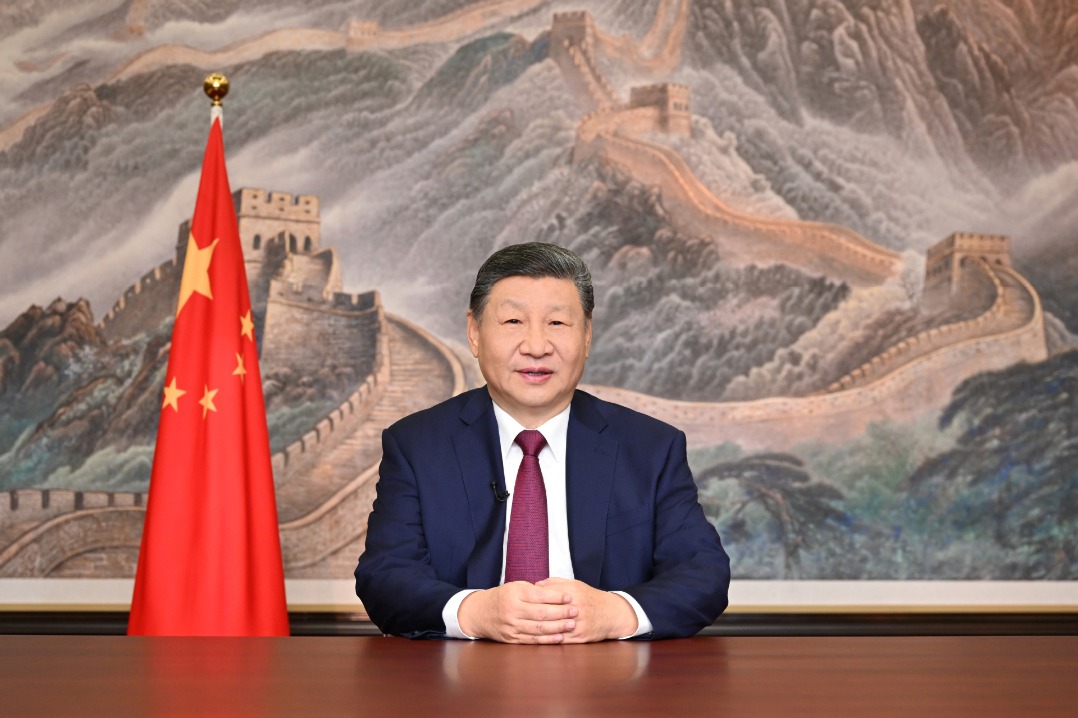Did a computer write this? Book industry grapples with AI

FRANKFURT, Germany — From low-quality computer-written books flooding the market to potential copyright violations, publishing is the latest industry to feel the threat from rapid developments in artificial intelligence.
Since the launch last year of ChatGPT, an easy-to-use AI chatbot that can deliver an essay upon request within seconds, there have been growing worries about the impact of generative AI on a range of sectors.
There is "a deep sense of insecurity" among book industry players, said Juergen Boos, director of the Frankfurt Book Fair, the world's biggest, where the topic was in focus last week.
"What happens to authors' intellectual property? Who does new content actually belong to? How do we bring this into value chains?" he said.
The threat is plain to see — AI writing programs allow budding authors to produce in a matter of day novels that could have taken months or years to write in the past.
A flood of titles that list ChatGPT as a co-author have been offered for sale through Amazon's e-book self-publishing unit.
Still, critics say the works are of low quality and sense little threat from AI for now.
British author Salman Rushdie told a news conference at the fair that someone recently asked an AI writing tool to produce 300 words in his style. "And what came out was pure garbage," said the Midnight's Children writer, to laughter from the audience.
Industry players stress however that in some areas, there is more openness to dealing with artificial intelligence.
"It depends a bit on the genre," said Susanne Barwick, deputy legal adviser of the German Publishers and Booksellers Association, who has been in discussion about AI with publishers.
Artificial intelligence's relationship with publishing threatens to throw up a host of legal problems, with one major "gray area" being who owns the copyright of AI-generated content, Boos said.
There are already AI-related legal clashes involving top writers.
Last month, A Game of Thrones author George RR Martin, John Grisham and Jodi Picoult were among several writers who filed a class-action lawsuit against ChatGPT creator OpenAI over alleged violation of copyrights.
Translation is another thorny area, with some industry players feeling artificial intelligence would miss the nuances and subtleties needed to render complex literature into other languages.
Efforts are being made to make it clearer when AI has been involved in producing a book.
Amazon recently released new guidelines that require authors who want to sell books through its self-publishing unit to tell the company in advance if their work includes material generated using artificial intelligence.
Agencies Via Xinhua
Today's Top News
- Confidence, resolve mark China's New Year outlook: China Daily editorial
- Key quotes from President Xi's 2026 New Year Address
- Full text: Chinese President Xi Jinping's 2026 New Year message
- Poll findings indicate Taiwan people's 'strong dissatisfaction' with DPP authorities
- Xi emphasizes strong start for 15th Five-Year Plan period
- PLA drills a stern warning to 'Taiwan independence' separatist forces, external interference: spokesperson






























